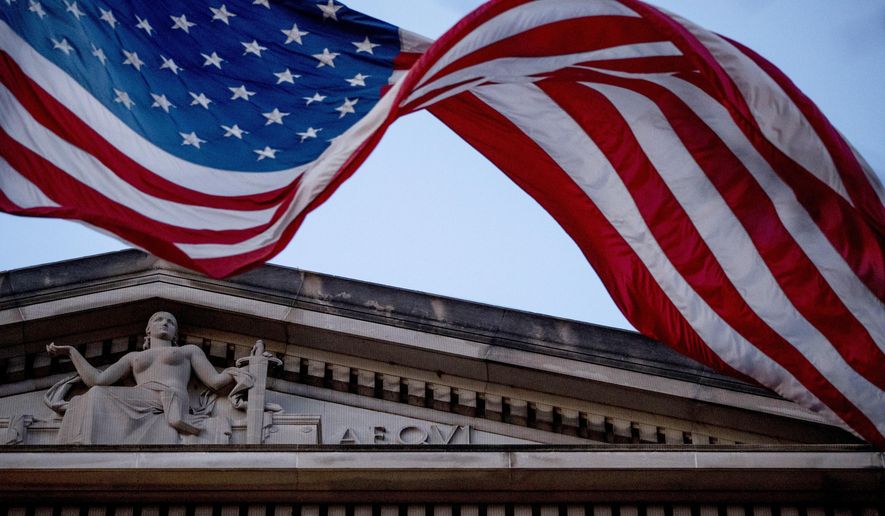The Justice Department on Wednesday asked the Federal Communications Commission to block a high-speed underwater cable linking the United States and Hong Kong, citing concerns about Chinese electronic spying.
Team Telecom, the Justice Department’s unit in charge of monitoring telecommunications deals that affect U.S. national security, said it was recommending against granting permission for a proposed Pacific Light and Cable Network (PLCN), a plan backed by social media giants Google and Facebook, to create a direct high-speed cable link between Hong Kong and the United States.
The unit said the FCC should allow underwater cable links between Taiwan, Philippines and the United States — as long as no Chinese companies are involved and safeguards against spying were in place.
The underwater cable application has pending for several years and would be the highest capacity data link between the United States and Asia. The network also would be the first direct connection between the United States and Hong Kong, which until recently Washington recognized as a semi-autonomous entity operating under a 1997 agreement to allow its relatively free political and economic system to continue apart from communist China.
The State Department recently announced it will rescind Hong Kong’s special trading status after China’s legislature approved the writing of new national security laws for the former British colony.
The Justice Department said Wednesday that the proposed undersea link to Hong Kong “raised national security concerns, because a significant investor in the PLCN is Pacific Light Data Co. Ltd., a Hong Kong company and subsidiary of Dr. Peng Telecom & Media Group Co. Ltd. (Dr. Peng Group), the fourth largest provider of telecommunications services in the PRC.”
Subsidiaries of Google and Facebook are involved in the undersea cable links to Taiwan and Philippines.
The recommendation to block the Hong Kong cable was based in part on the Chinese government’s “sustained efforts to acquire the sensitive personal data of millions of U.S. persons” and Beijing’s access to other countries’ data through both digital infrastructure investments, the Justice Department said in a statement.
Chinese intelligence and cybersecurity laws that require all Chinese companies to provide the government access to data and equipment also was a factor, leaving the undersea cable project “vulnerable to exploitation,” the statement said.
According to the Justice Department, the Chinese owners of the PLCN have links to Chinese intelligence and security services. The companies also are tied to the state-owned China Unicom.
The fiber optic network connection could make Hong Kong a dominant hub in the Asia Pacific for global information and communications technology and infrastructure. That would mean large amounts of American internet, data and telecommunications traffic would pass through China where it could be exploited by Chinese intelligence, the statement said.
Also, the Hong Kong direct link “would expose U.S. communications traffic to collection by the PRC,” the statement said.
FCC documents say that the high-capacity digital fiber optic cable would involve five locations, one each in El Segundo, California, Hong Kong and Toucheng, Taiwan and two in the Philippines, at Aurora and Fernando La Union. The main trunk between California and Hong Kong would include six fiber pairs.
Overall, the network would allow the transfer of 120 terabits per second over a total distance of around 8,000 miles.
• Bill Gertz can be reached at bgertz@washingtontimes.com.




Please read our comment policy before commenting.